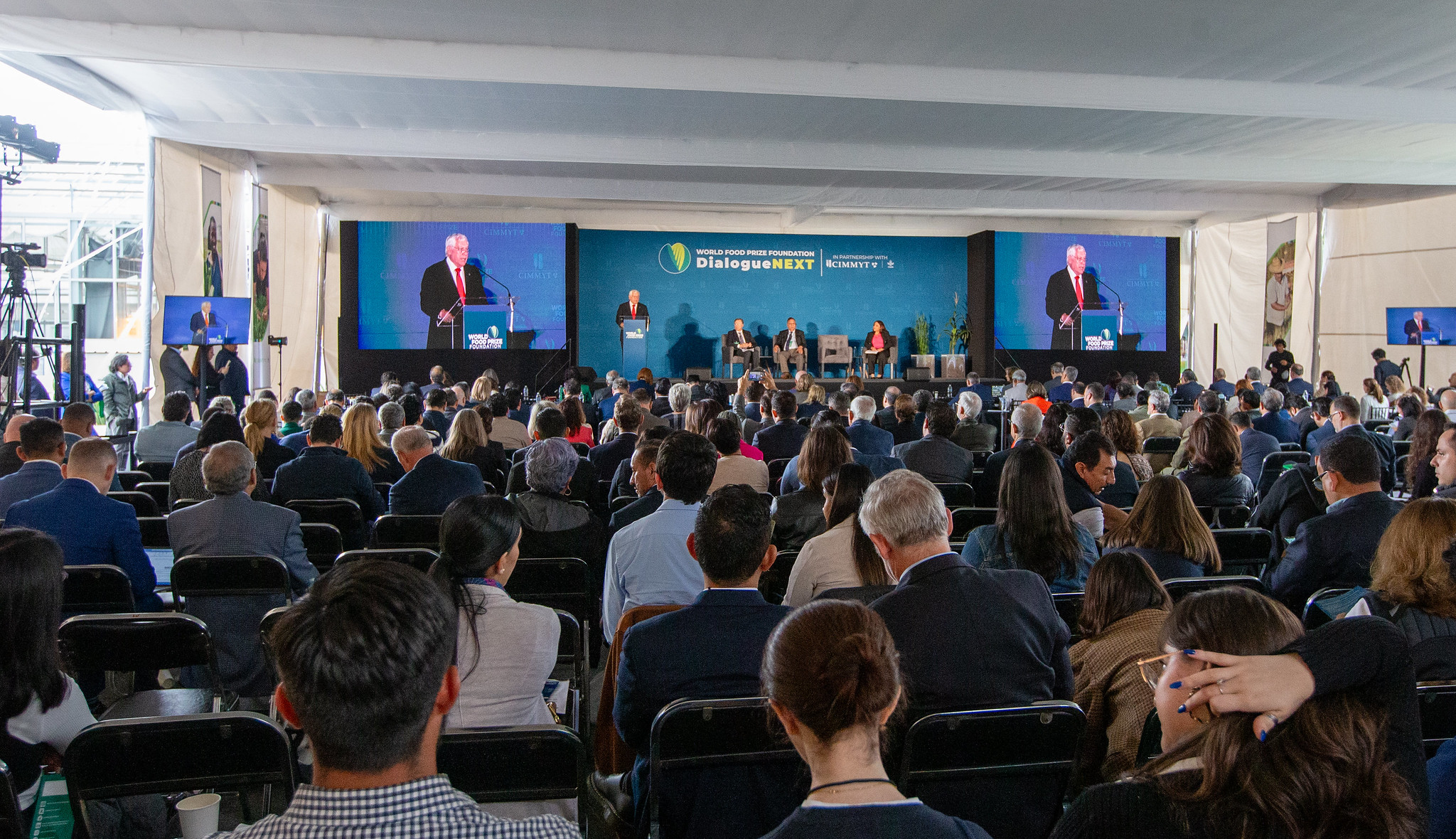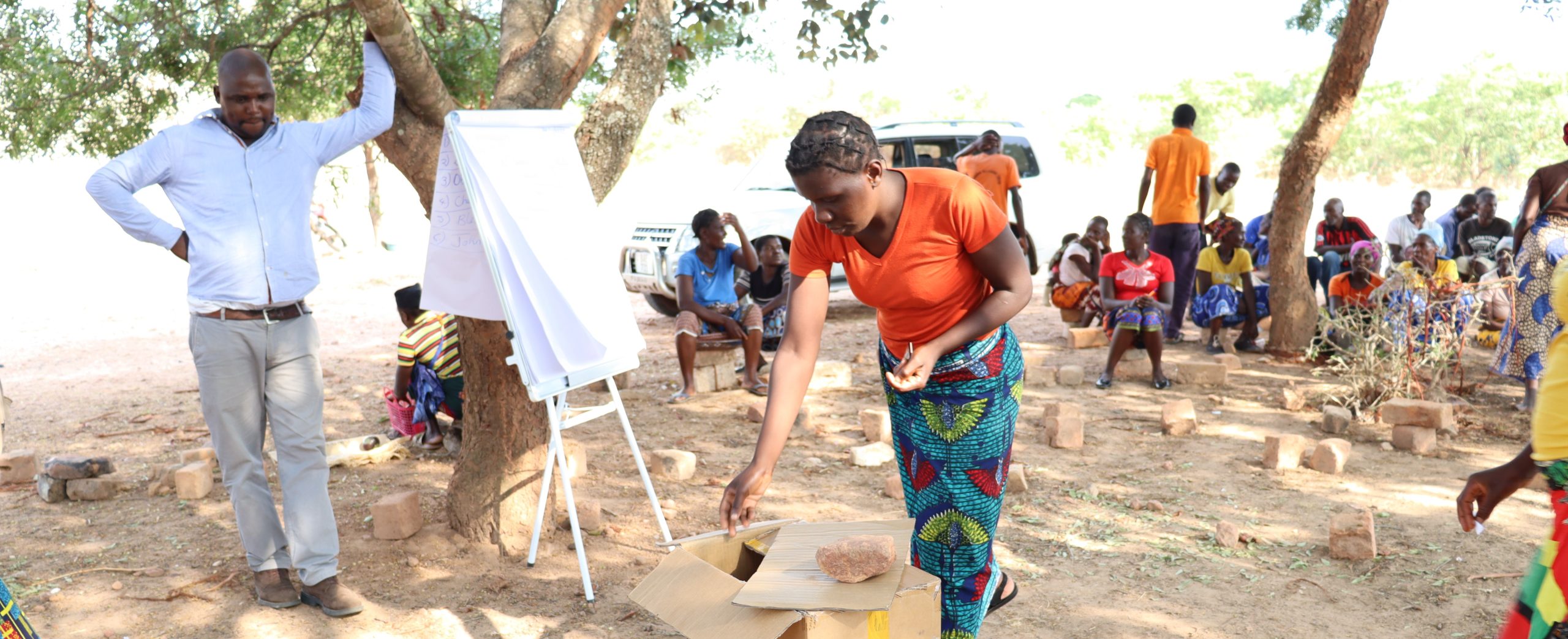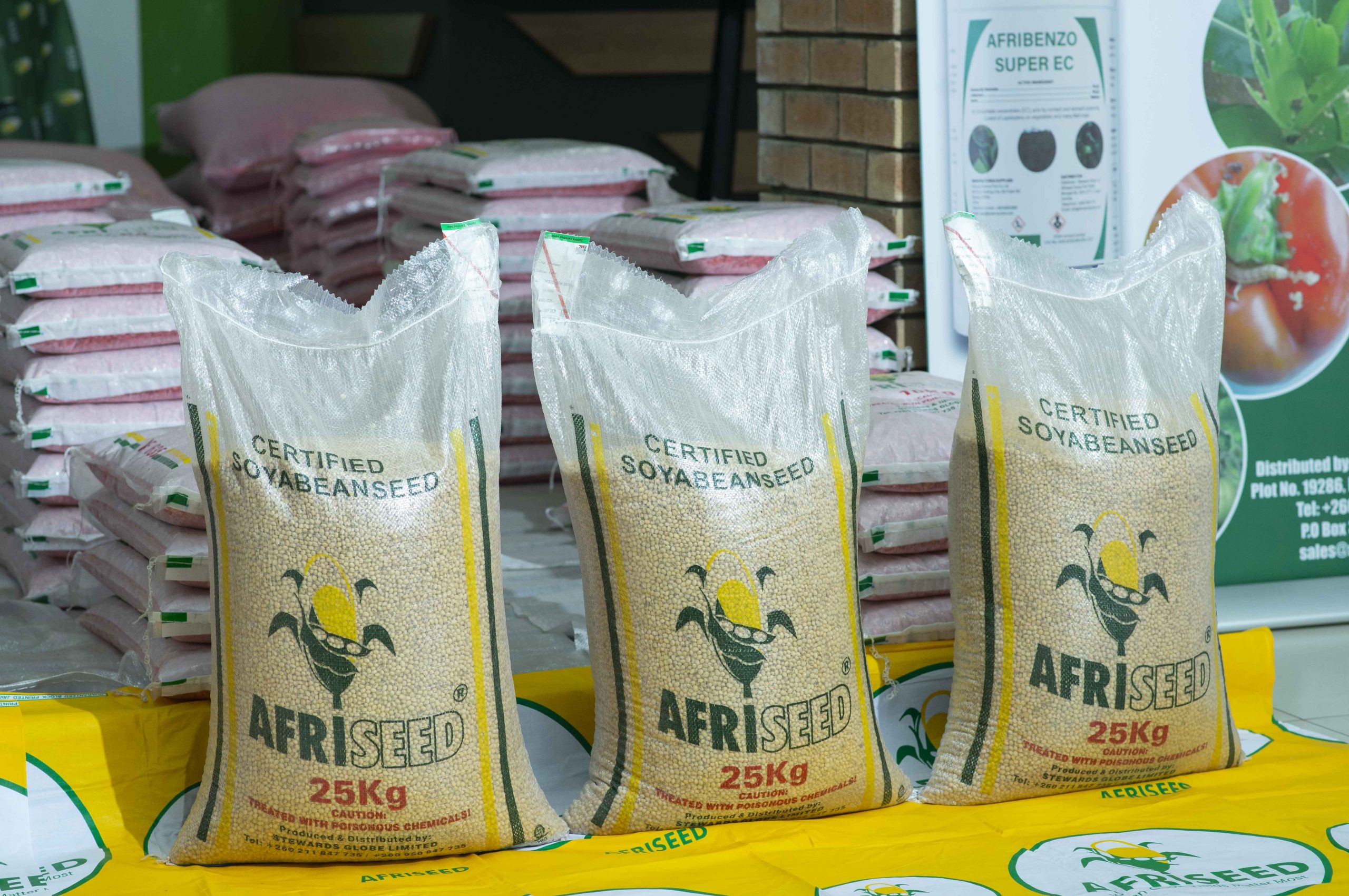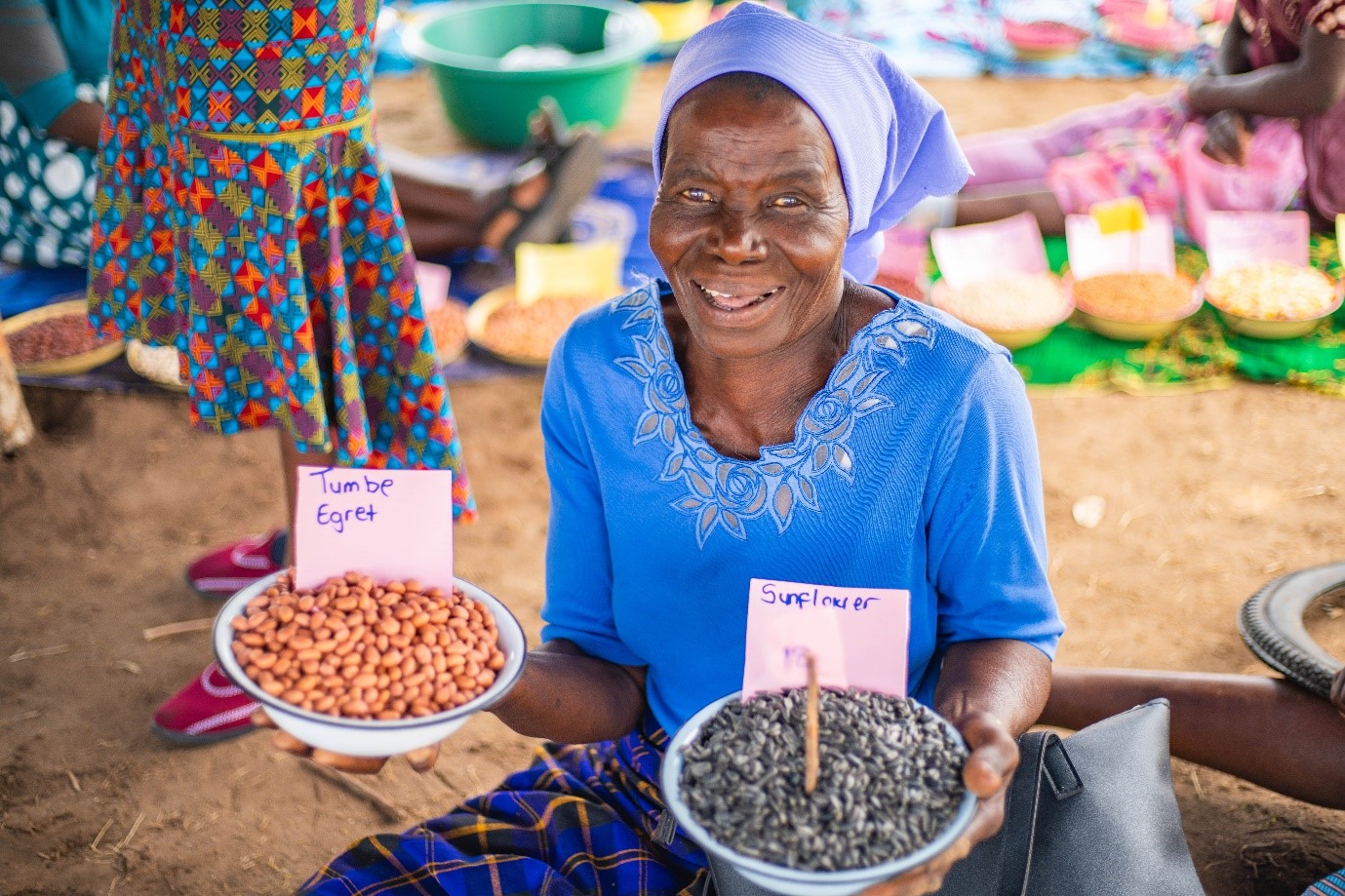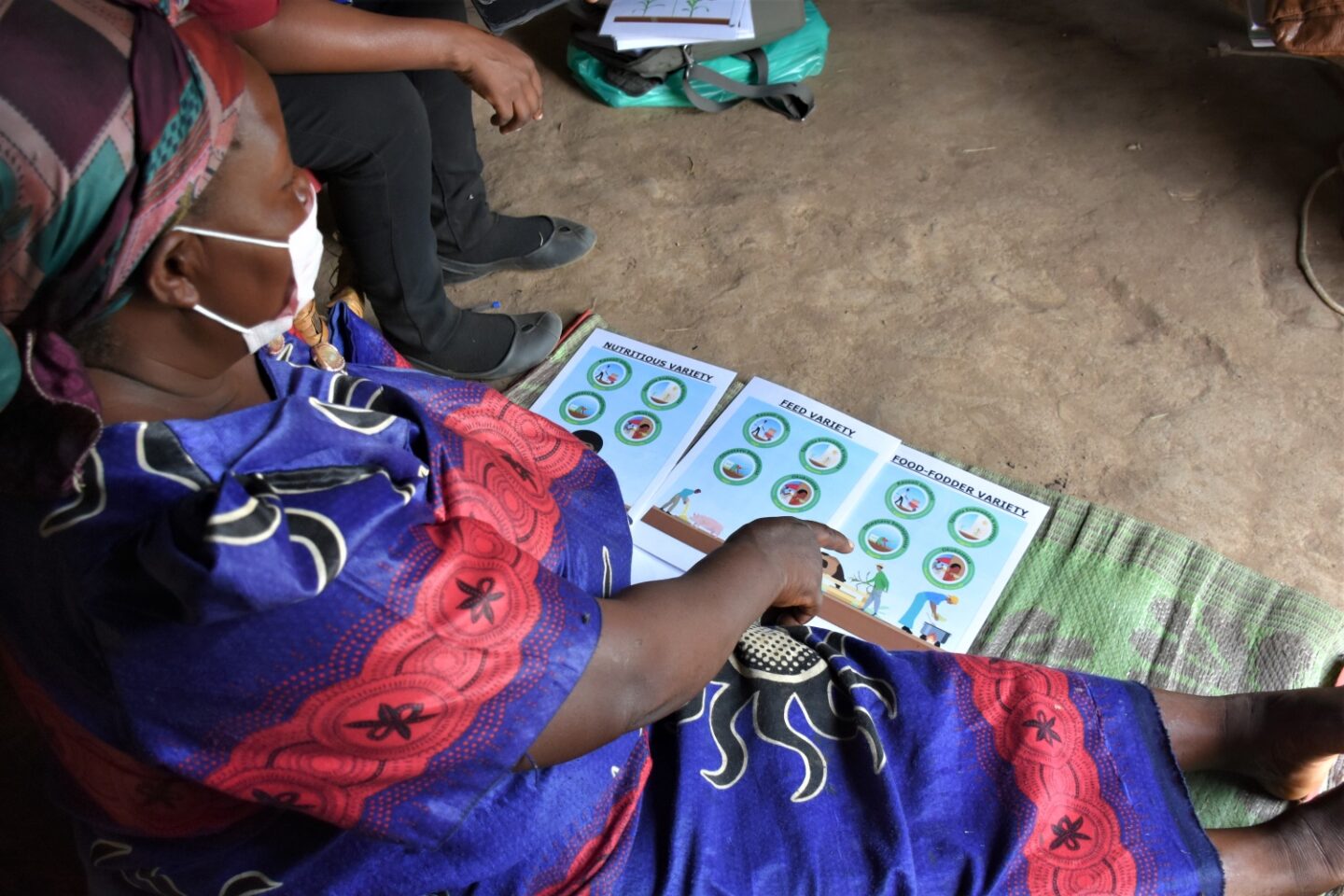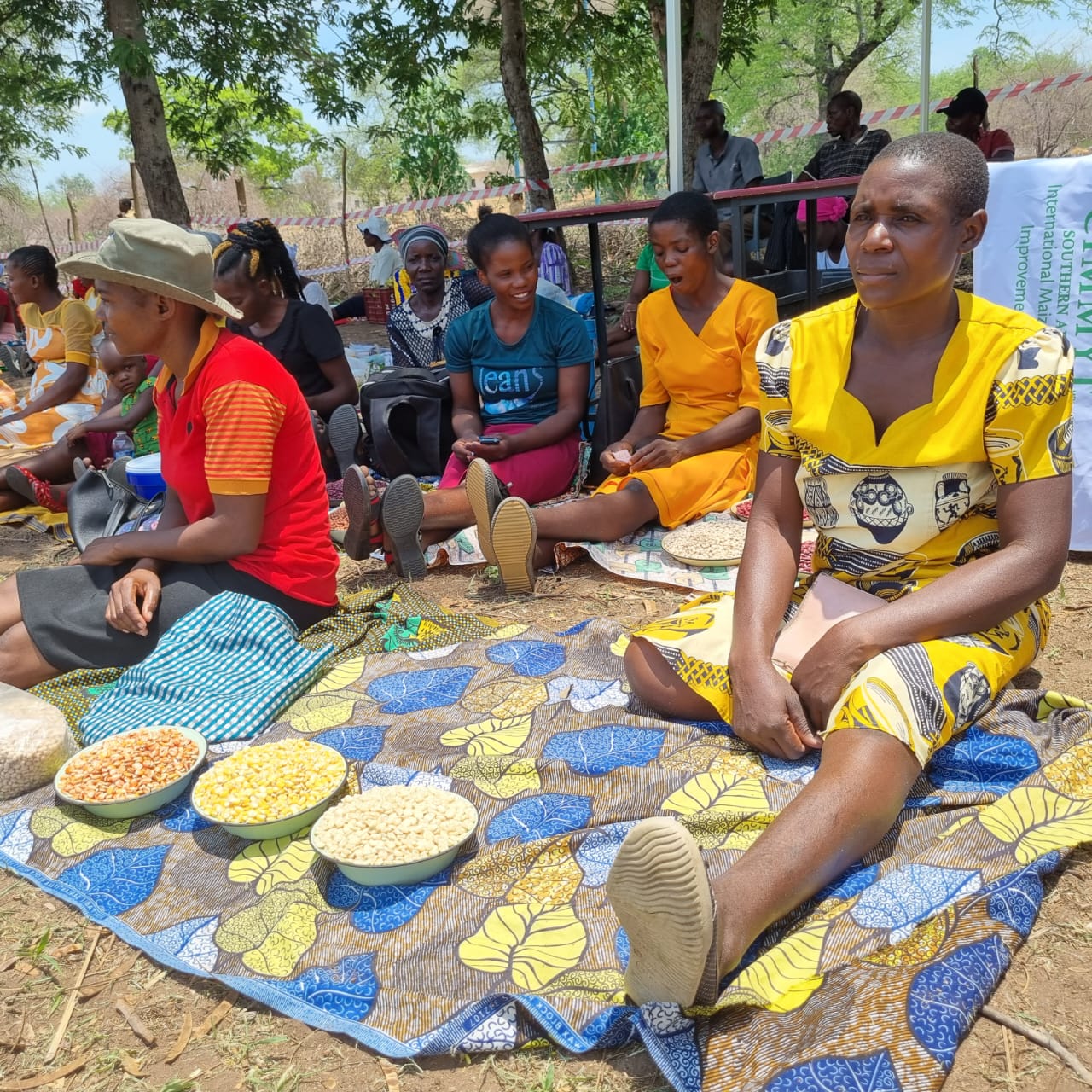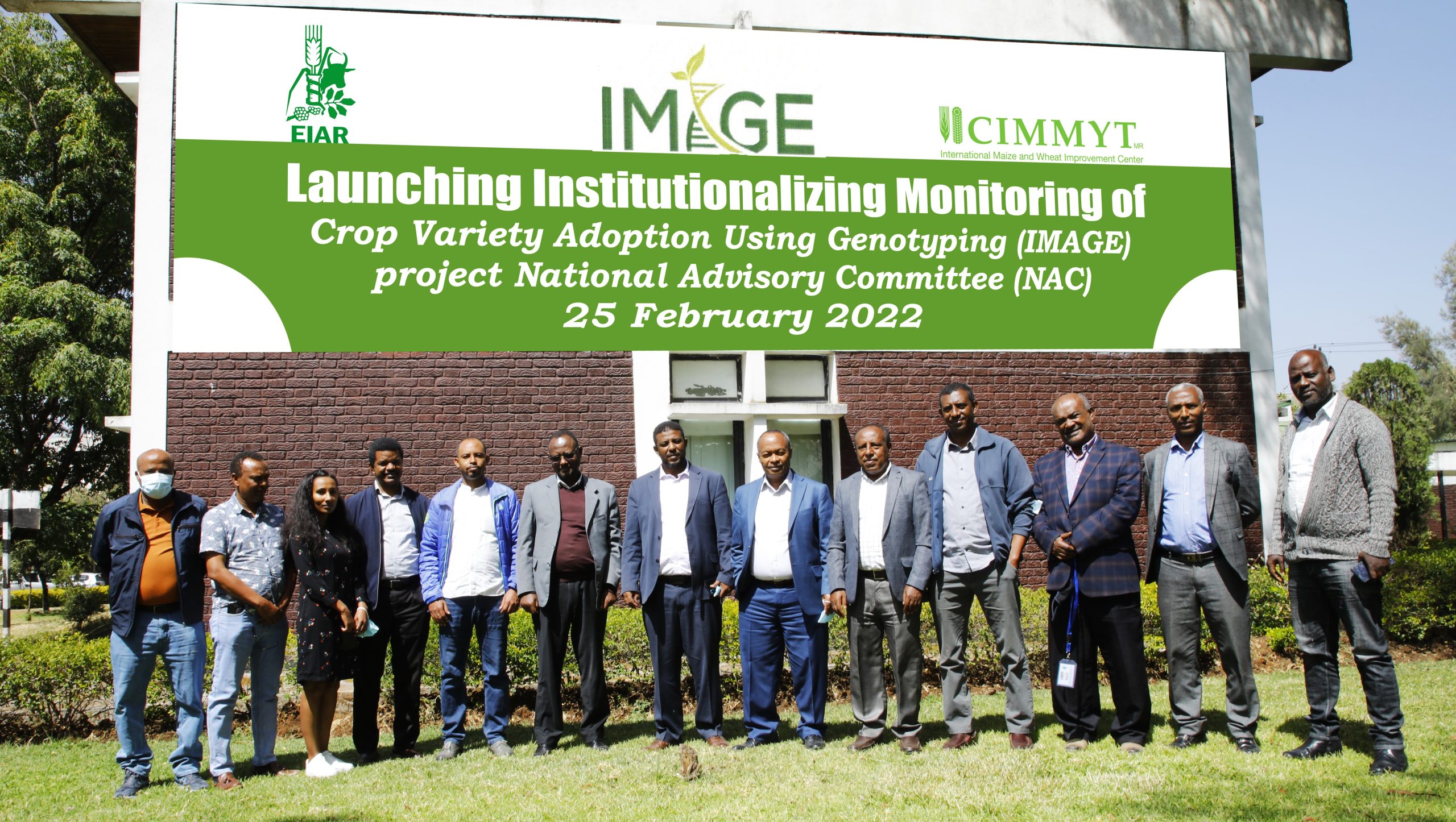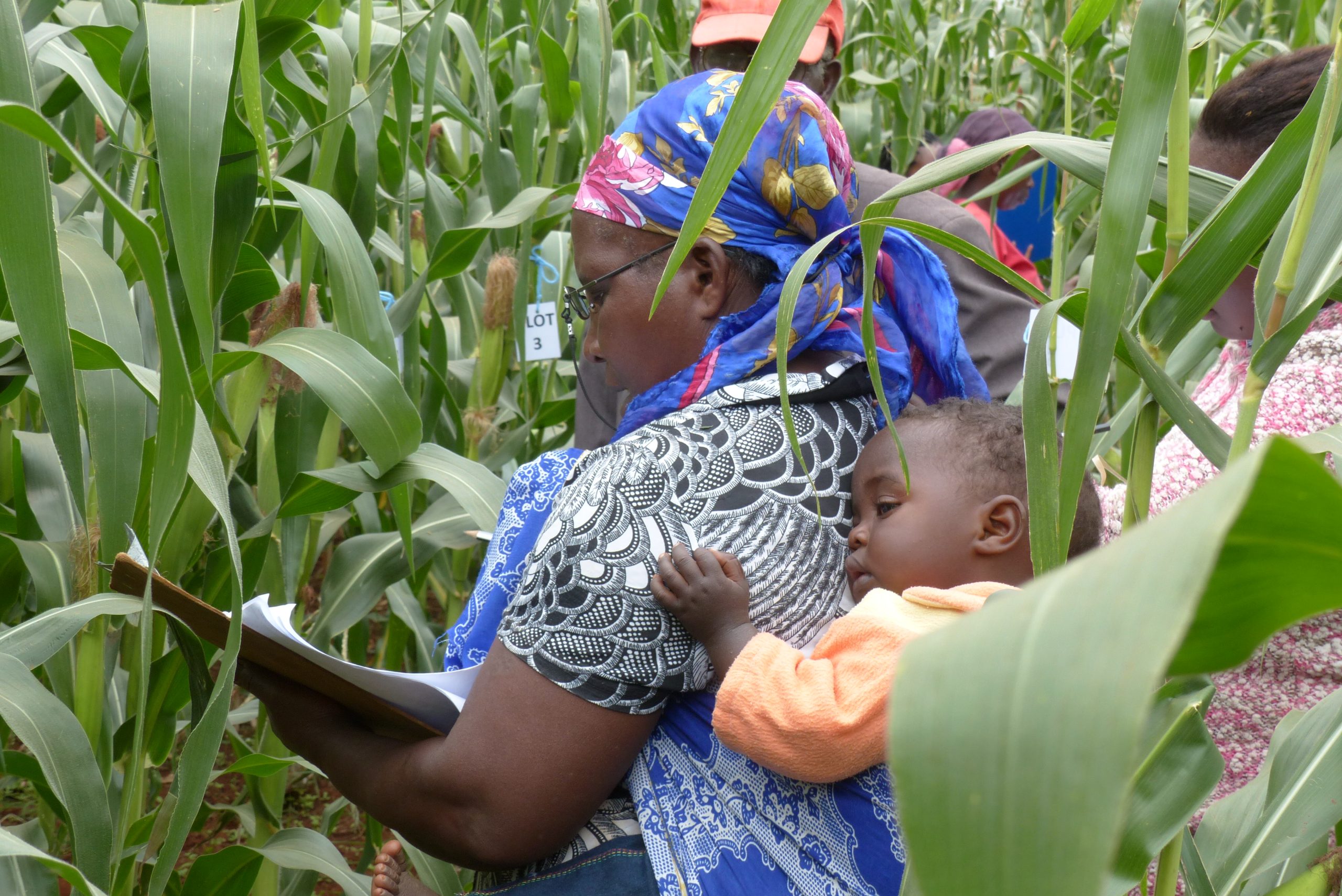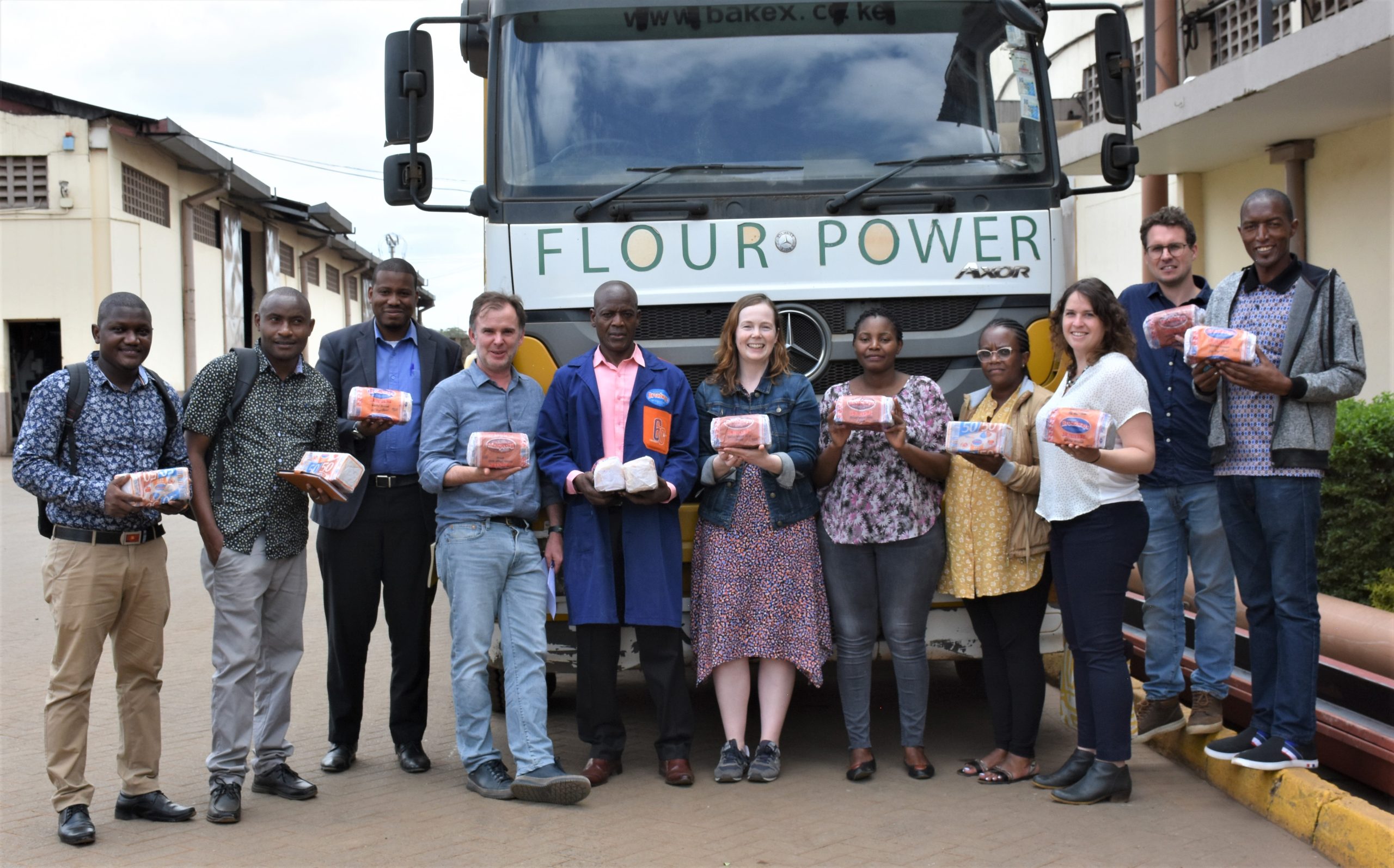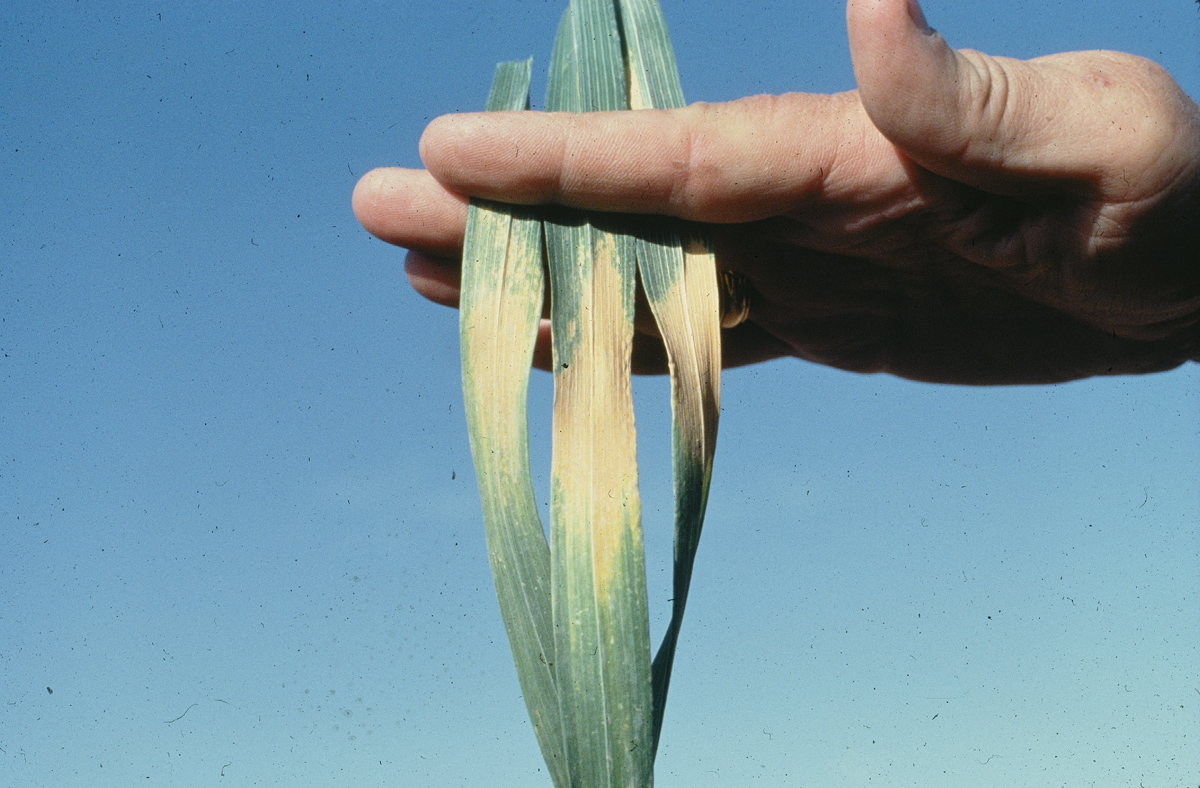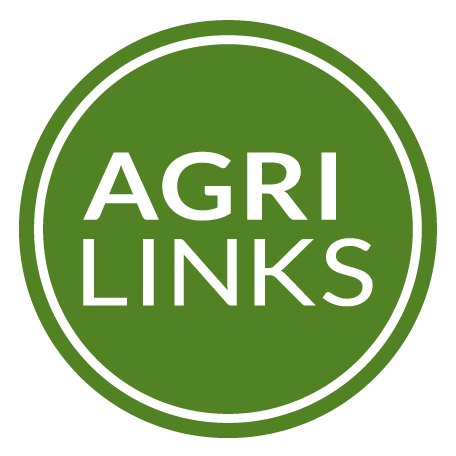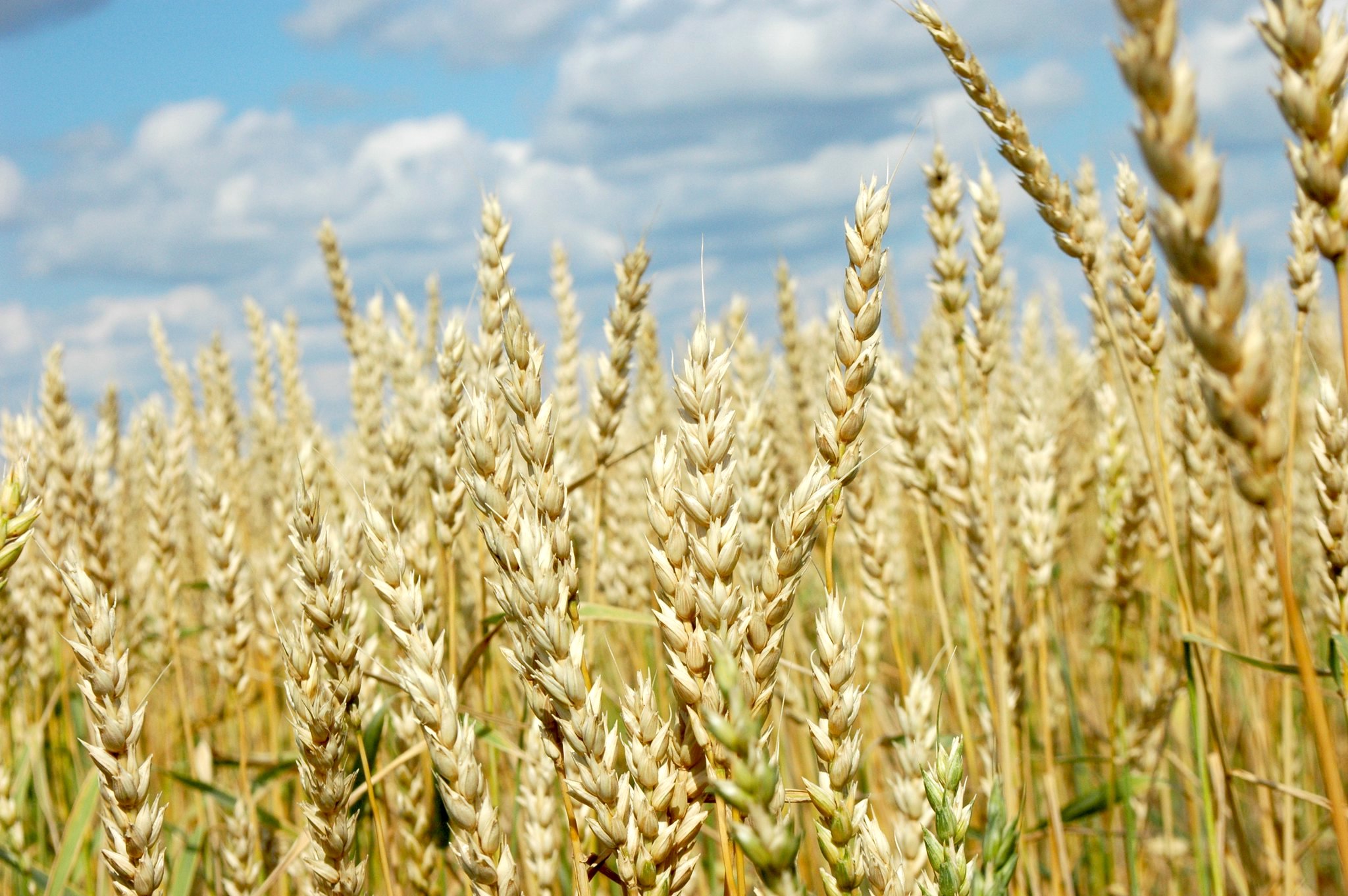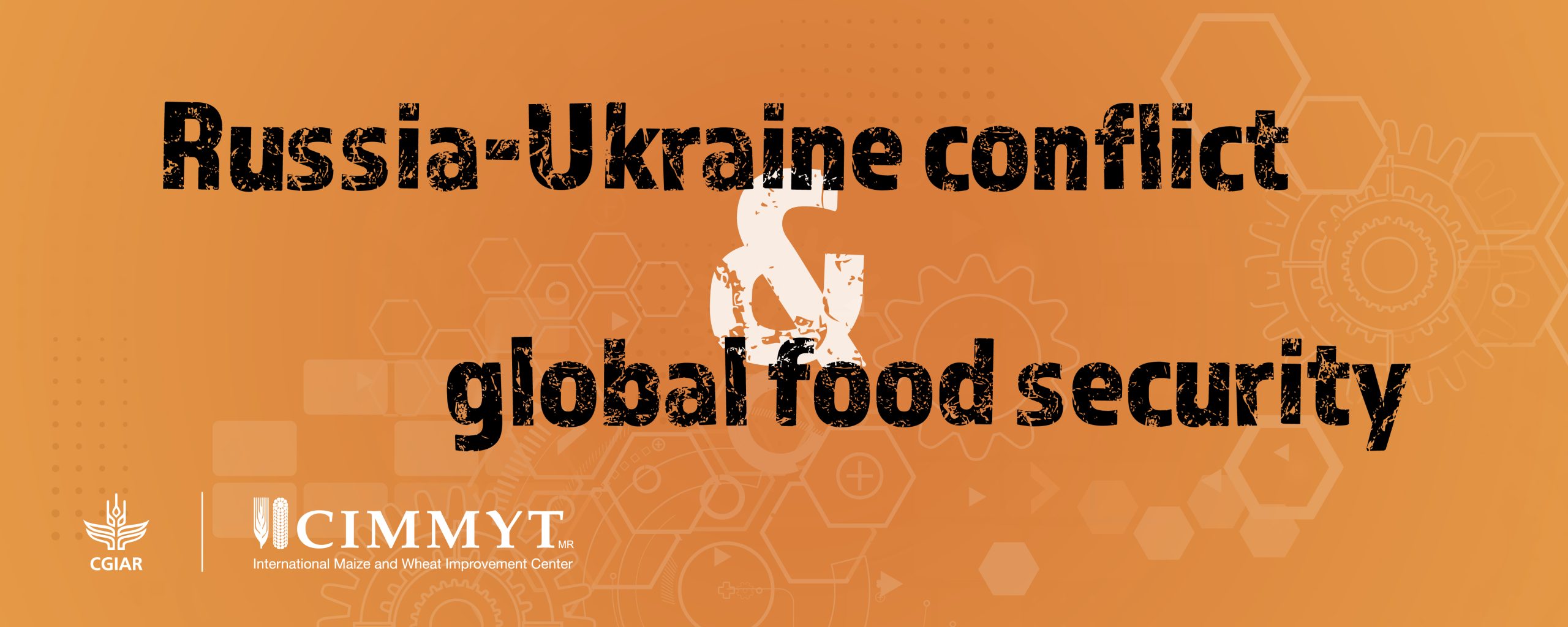Demand-driven seed systems
Enhancing the resilience of our farmers and our food systems: global collaboration at DialogueNEXT
 Capacity development
Capacity development
CIMMYT and the World Food Prize Foundation co-organized DialogueNEXT—Seeds of strength: Nurturing farmer resilience, held at CIMMYT headquarters in Mexico from 10 to 11 July 2024. The event brought together scientists, agribusiness leaders, farmers, and policymakers from over 200 organizations and 55 nations, to help shape global collaboration and strategies for sustainably producing nutritious food for all, within planetary boundaries.
Reaching farmers in Zambia
 Capacity development
Capacity development
AID-I conducted a community sensitization to connect Zambian farmers with existing mobile networks that provide agricultural and climate data.
Afriseed: How improved legume seed can help transform Zambia’s agrifood systems
 Climate adaptation and mitigation
Climate adaptation and mitigation
Afriseed and AID-I are helping smallholder famers in Zambia transition to improved, high-yielding legumes.
Market Intelligence Briefs – a new publication series to inform crop-breeding decisions
 Capacity development
Capacity development
The CGIAR Initiative on Market Intelligence releases two reports on a framework for informing crop breeding and future market segments for hybrid maize.
Farmers in Zimbabwe embrace agroecology
 Capacity development
Capacity development
In the Mbire and Murehwa districts of Zimbabwe, smallholder farmers are being introduced to agroecology interventions as part of a CGIAR Initiative.
Tracking improved crop varieties
 Environmental health and biodiversity
Environmental health and biodiversity
CIMMYT and EIAR launch working group in Ethiopia to implement IMAGE, a five-year project that will improve seed variety deployment in Africa.
Novel technology to reduce the complexity of maize seed production and increase maize hybrid yields in farmer’s fields
 Capacity development
Capacity development
Collaborative field evaluations reveal promising results for sub-Saharan Africa’s low input maize farming systems and commercial seed production.
Exploring the potential for blended wheat flours in Kenya
 Climate adaptation and mitigation
Climate adaptation and mitigation
CIMMYT supports practical solutions to the ongoing global wheat crisis by understanding consumer acceptance of foods baked from blended wheat flour.
Wheat versus heat
 Climate adaptation and mitigation
Climate adaptation and mitigation
Urgent action is required to mitigate effects of temperature extremes in South Asia, which threaten wheat production and human health.
A new seed policy ushers in a new era of hybrid seed business in Nepal
 Capacity development
Capacity development
Source: Agrilinks (26 Apr 2022)
A change in policy by the Nepalese government in February 2022 opens up space for private seed companies to be involved in seed variety development, evaluation and distribution to farmers.
Experts analyze the impact of the Russia-Ukraine war on global food and energy systems
 Nutrition, health and food security
Nutrition, health and food security
CIMMYT director general urges stronger international cooperation to buffer the shock in food-insecure countries and drive a shift to resilience.
Our food system isn’t ready for the climate crisis
 Environmental health and biodiversity
Environmental health and biodiversity
Source: The Guardian (14 Apr 2022)
“We’ll never get back all the diversity we had before, but the diversity we need is out there,” says Matthew Reynolds, head of wheat physiology at CIMMYT.
Russia-Ukraine conflict and global food security
 Nutrition, health and food security
Nutrition, health and food security
Explore our analysis of how the Russia-Ukraine war will impact global food security.
Multiple breadbasket failures: Nations must address looming food emergencies
 Nutrition, health and food security
Nutrition, health and food security
Source: The Boston Globe (28 Mar 2022)
The war in Ukraine, coupled with weather-related disruptions in the world’s major grain-producing regions, could unleash unbearable humanitarian consequences, civil unrest, and major financial losses worldwide, says Bram Govaerts.
